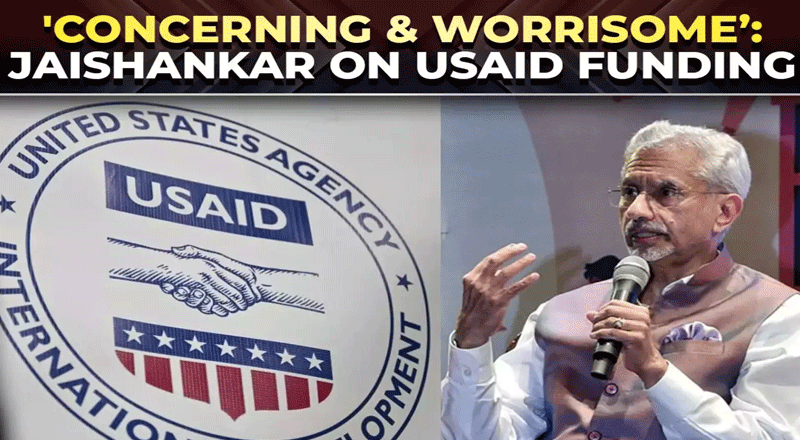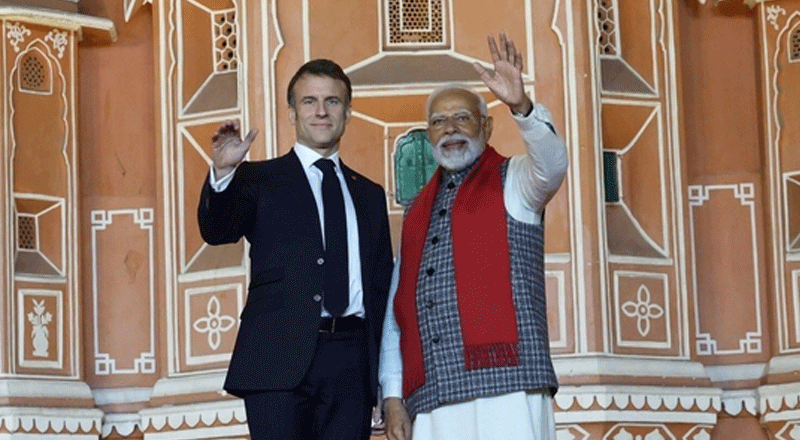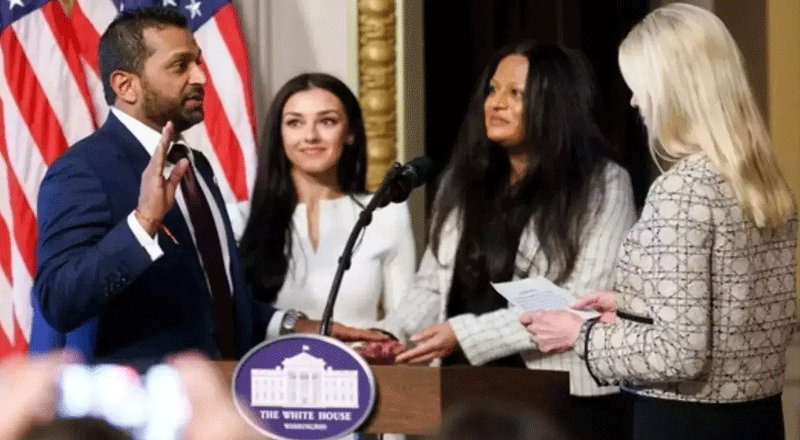Xi Jinping’s rise has hardened Chinese foreign policy, with the country becoming more aggressive at the east and west borders.
China has become much more aggressive in the borders towards the east and west and in its relations with other states since the rise of Xi Jinping as President in 2012, an Australian foreign policy expert has said and noted that the world is heading for a prolonged period of bipolar competition in the Indo-Pacific region.
Delivering the 2nd Atal Bihari Vajpayee Memorial Lecture, Dr Michael Fullilove, Executive Director of the Lowy Institute of Australia, said that China’s economic rise has been phenomenal but India’s economic rise is also important for the Asian success story.
“Emerging Asia is the most dynamic part of the world accounting for more than half of the global growth despite representing only the third of the global economy,” he said in the address.
Speaking on ‘Australia, India and the Indo-Pacific: The need for strategic imagination,’ Fullilove said if “the economic outlook is positive is in Asia, the security outlook is not”.
He cautioned that the world is heading “for a prolonged period of bipolar competition in the Indo-Pacific region”.
“Both US and China have exhibited troubling behaviour in the Indo-Pacific over the past decade.”
Slamming the impact of US policies during Donald Trump’s tenure on geopolitics, Fullilove said if Washington’s international stance over the past decade has been changeable, that of Beijing “has been consistent and increasingly concerning”.
“Since the ascension of President Xi Jinping in 2012, China has become much more aggressive in the borders towards the east and west and its relations with other states. Australia is an extreme case,” he said in an apparent reference to deterioration in China-Australia ties.
He said that the main reason for the downslide in Canberra’s relationship with Beijing is that “China has changed.” “Its foreign policy has hardened. The constraints on people within China have tightened. Its willingness to accept criticism has disappeared,” he added.





